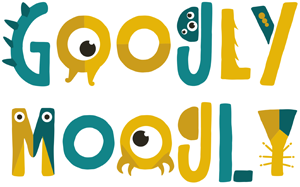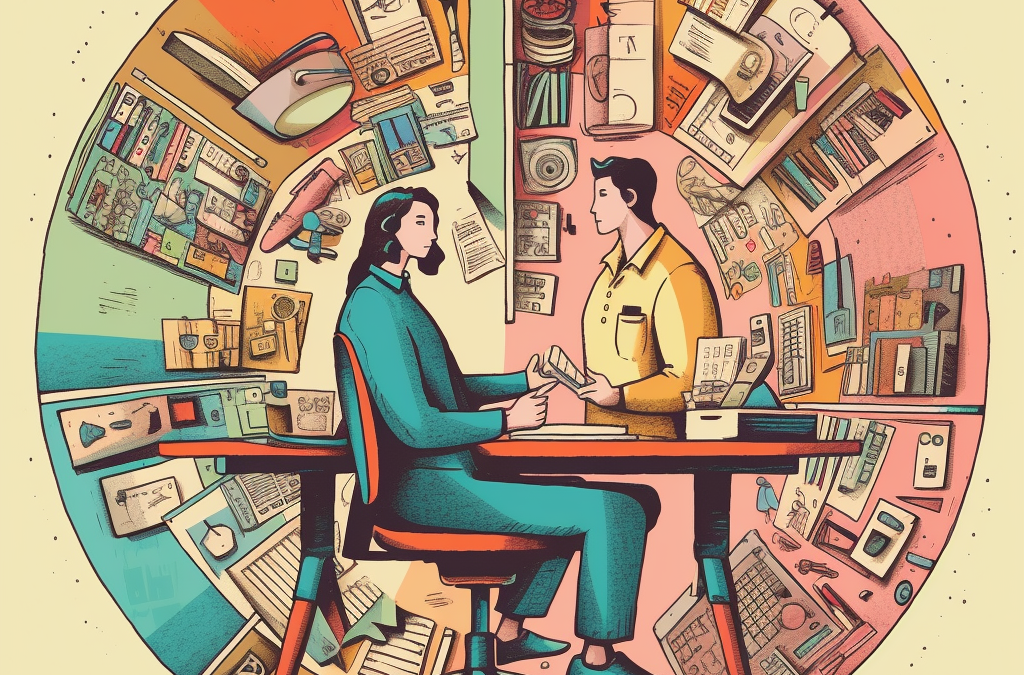In the ever-evolving landscape of the modern workplace, flexibility and adaptability have become key qualities valued by employees and employers alike. Balancing the need for flexibility with job requirements can be challenging, especially in roles traditionally tied to on-site presence. However, there is a surprising and entertaining tool that can help individuals thrive in this dynamic environment: improv comedy skills. Now, let us explore how the principles of improv comedy can enhance employee flexibility and adaptability, providing a dose of fun and uplifting inspiration to navigate the modern workplace.
- Embracing the “Yes, And” Mindset: Improv comedy is built on the foundation of the “Yes, And” principle, where performers accept and build upon each other’s ideas. In the workplace, this translates to adopting a flexible mindset, embracing new ideas, and being open to change. By cultivating a “Yes, And” attitude, employees can adapt to shifting priorities, collaborate more effectively, and find creative solutions to challenges that arise.
- Example: Imagine a project suddenly taking a different direction. Instead of resisting the change, an employee with improv skills would say, “Yes, And I see this as an opportunity to explore new possibilities and bring fresh ideas to the table.”
- Active Listening and Collaboration: Improv comedy relies heavily on active listening and collaboration. Performers must pay close attention to their scene partners, respond in the moment, and build upon each other’s contributions. These skills are highly transferable to the workplace, where effective communication and teamwork are essential for success. Active listening and collaboration allow employees to adapt to evolving situations, respond thoughtfully to feedback, and work seamlessly with others.
- Example: During a team meeting, an employee with improv skills actively listens to their colleagues’ suggestions, builds upon them, and collaborates to find creative solutions. They remain flexible in their approach and adapt to new ideas that emerge.
- Thinking on Your Feet: In improv comedy, performers must think quickly and make split-second decisions. They learn to trust their instincts and adapt to unexpected situations, often turning potential setbacks into opportunities for humor. These skills are invaluable in the workplace, where agility and adaptability are increasingly necessary. Employees who can think on their feet can navigate changes, handle unexpected challenges, and remain calm under pressure.
- Example: A client unexpectedly changes project requirements. An employee with improv skills quickly assesses the situation, adapts their approach, and finds innovative solutions to meet the client’s new needs.
- Embracing Mistakes and Learning from Failure: In improv comedy, mistakes are celebrated as learning opportunities. Performers embrace the concept of “failing forward” and understand that missteps can lead to unexpected comedic moments. Similarly, in the workplace, embracing mistakes as opportunities for growth fosters adaptability. Employees who are not afraid to take calculated risks and learn from failures are more likely to adapt to changing circumstances and find innovative solutions.
- Example: A project deadline is missed due to unforeseen circumstances. An employee with improv skills approaches the situation with resilience, analyzes what went wrong, and collaborates with the team to develop a flexible plan to meet the revised timeline.
Flexibility and adaptability are essential skills in the dynamic landscape of the modern workplace. Embracing improv comedy skills can provide employees with a toolkit to navigate these challenges with finesse, creativity, and a dose of fun. By adopting the “Yes, And” mindset, honing active listening and collaboration skills, thinking on their feet, and embracing mistakes as learning opportunities, employees can thrive in the face of change. So, step into the spotlight, embrace the principles of improv comedy, and watch your flexibility and adaptability shine in the workplace. Remember, flexibility is not only a valuable skill but also an opportunity for personal and professional growth.





